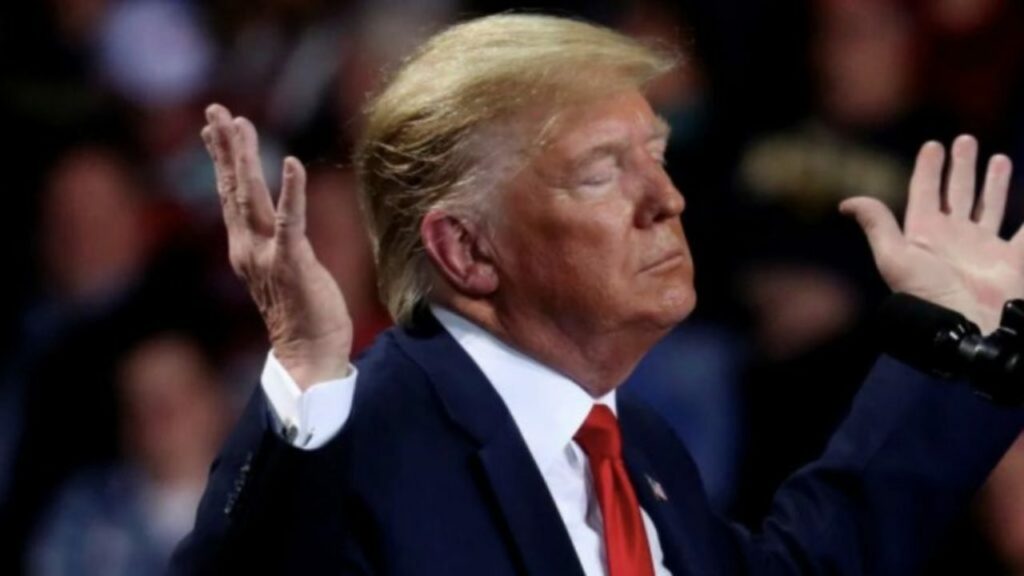In a significant legal setback for former President Donald Trump, a Maryland federal judge has ruled against his executive order that sought to revoke birthright citizenship for children of non-citizens. Judge Deborah Boardman stated that the order contradicts over 250 years of U.S. history and Supreme Court precedent.

“Virtually every baby born on U.S. soil is a U.S. citizen upon birth,” Boardman ruled. “That is the law and tradition of our country.”
The decision follows a similar ruling by a federal judge in Seattle, who called the order “blatantly unconstitutional” and temporarily blocked it for 14 days.
The Legal Battle Over the 14th Amendment
At the core of the case is the interpretation of the 14th Amendment, which grants citizenship to “all persons born or naturalized in the United States.” Since the late 19th century, courts—including the Supreme Court—have upheld this as guaranteeing automatic citizenship, with exceptions for children of diplomats.
Trump’s administration argued that this clause should exclude children of undocumented immigrants, framing the executive order as part of broader immigration reforms to address “birth tourism” and border security concerns. However, Judge Boardman rejected this argument, stating, “No court in the country has ever endorsed the president’s interpretation. This court will not be the first.”
Impact and Reactions
The lawsuit against Trump’s order was filed by two immigrant rights groups on behalf of five pregnant women. One of them, identified as Trinidad Garcia, expressed relief after the ruling.
“All I have wanted is to focus on my baby being born healthy and safe,” she said, “but instead, I have been worried that they will be denied a right guaranteed under the Constitution.”
Legal experts believe the Trump administration will appeal the ruling, and the case could take months—or years—to resolve. A hearing involving over a dozen states challenging the executive order is set for Friday in Massachusetts.
According to 22 Democratic state attorneys general, more than 150,000 babies would be denied U.S. citizenship annually if the policy were implemented. With legal battles intensifying, the future of birthright citizenship remains a major constitutional and political debate.
4o











